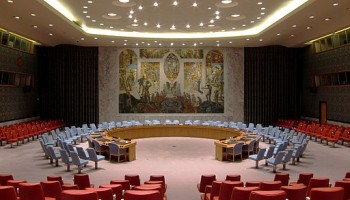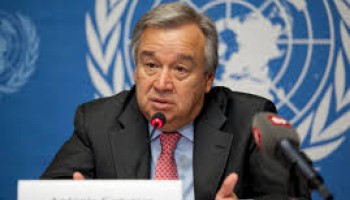“UNODC is registering new alarming trends on drug trafficking in West and Central Africa with disruptive and destabilizing effects on governance, security, economic growth, and public health,” said Yury Fedotov, Executive Director of the UNODC, while addressing the UN Security Council.
Criminal networks are no longer just transiting cocaine and heroin but have expanded to opioids. The drugs are usually trafficked to Europe and North America.
West, Central and North African countries accounted for 87 percent of pharmaceutical opioids seized globally.
“This is largely due to rising use of tramadol, an opioid painkiller that is widely trafficked for non-medical use in the region,” Fedotov said.
Africa and Asia also saw the largest rises in cocaine seizures, and methamphetamines are catching up to the same levels.
The UN project Aircop, which targets drug and human trafficking at airports, noticed that heroin and methamphetamine are mostly seized in the airports of Lagos, Ghana and Benin.
Drug use in West and Central Africa is rising as well, representing a serious threat to public health. The region is also grappling with illegal arms trade, money laundering, human trafficking, cybercrime, terrorism and maritime piracy. Some of these threats are linked to drug trafficking and use.
“Globally, only one in six people suffering from drug use disorders receive treatment,” Fedotov said. “However, in Africa this figure is much lower, with only one in 18 problem drug users having access to treatment.”
Fedotov insisted on “the need for urgent and determined international action to support and address the threat of drugs and help pave the way for a safer, healthier and more prosperous West and Central Africa.”






